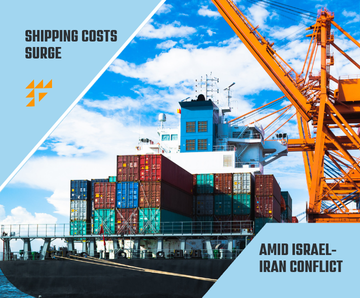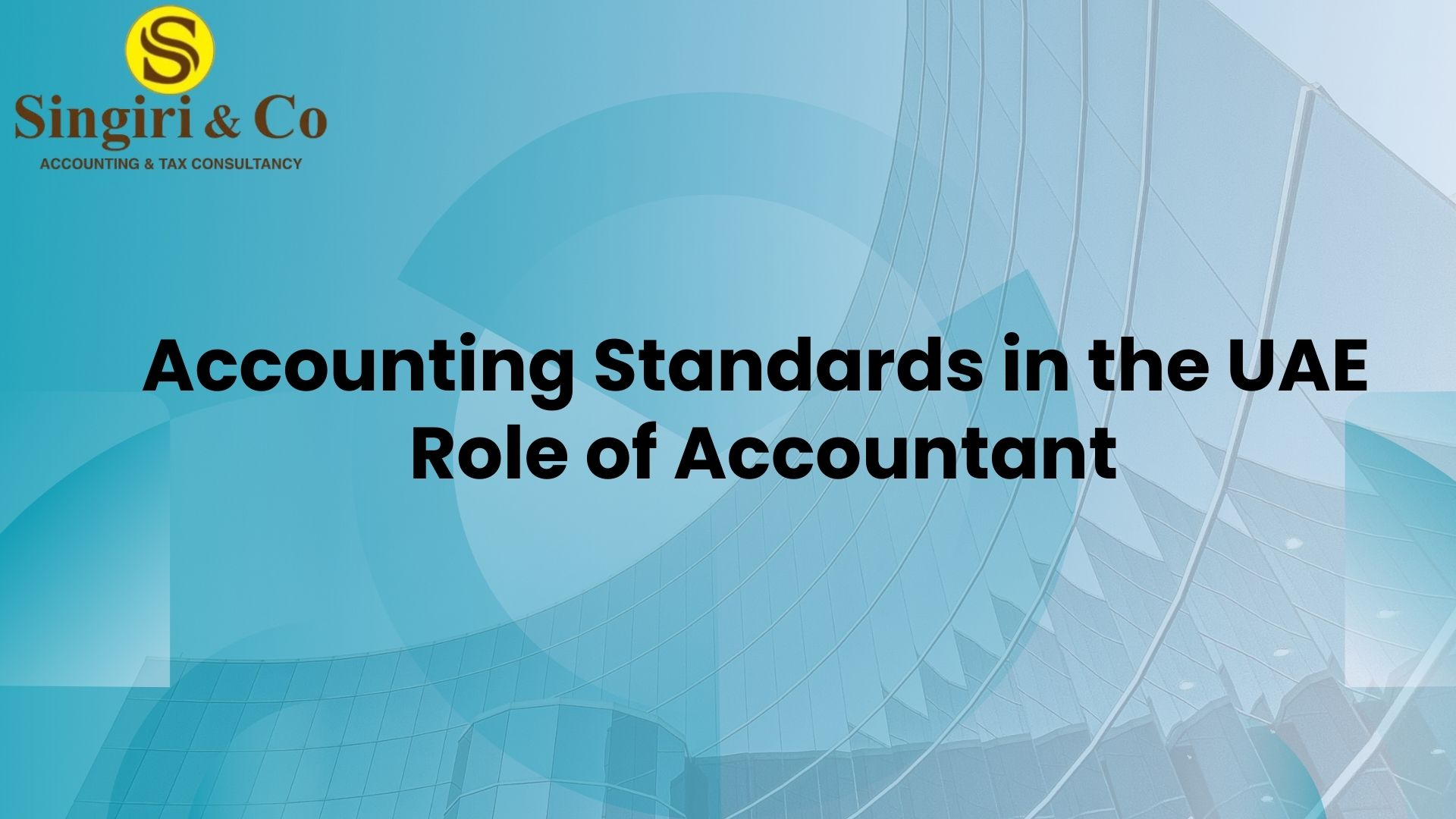Shipping Costs Surge Amid Israel–Iran Conflict: A detailed UAE guide explaining global trade disruptions, rising freight and insurance costs, impacted sectors, and mitigation strategies for importers and exporters.
Introduction
The ongoing conflict between Israel and Iran has rapidly shifted from a regional security concern to a global trade pressure point, with ripple effects felt across major shipping lanes and international logistics networks. As tensions escalate, businesses around the world are reassessing their supply chains, pricing strategies, and contingency plans. For companies in the United Arab Emirates (UAE)—a global trade and logistics hub—the implications are especially significant.
Table of Contents
Overview of the Israel–Iran Conflict and Global Trade Impact
The Israel–Iran conflict is creating uncertainty in global trade and raising shipping costs.
Key routes like the Strait of Hormuz are still open, but higher risks are increasing insurance and transit costs.
Even without direct attacks, freight charges and supply delays are rising.
UAE businesses face higher import and export costs and need to adjust logistics strategies.
Shipping Cost Implications
- Surge in shipping costs due to geopolitical risks
- Increased freight rates for imports and exports
- Higher war-risk insurance premiums for cargo
- Potential delays at ports affecting delivery schedules
- Impact on both Free Zone and mainland businesses in the UAE
Why Shipping Costs Are Rising
Global shipping costs are climbing due to several factors linked to the Israel–Iran conflict.
Even minor disruptions in key trade routes can have significant cost impacts.
UAE businesses are particularly affected due to their reliance on imports and exports.
Main Factors Driving Shipping Costs
- Higher freight rates as carriers adjust to risk and fuel price increases
- War-risk insurance premiums for cargo passing near conflict zones
- Longer transit routes to avoid risky areas, increasing fuel and time costs
- Port congestion and delays affecting delivery schedules
- Additional security and handling charges imposed by logistics providers
Impact on UAE Trade & Logistics Sector
Rising shipping costs are affecting UAE businesses by increasing freight charges and causing delays in imports and exports. Importers may face shortages of raw materials, while exporters risk delayed deliveries and reduced competitiveness. Free Zone companies benefit from simpler customs, but mainland businesses face added regulatory challenges. Strategic planning is essential to manage costs and maintain smooth supply chains
Effect on Imports
Imports are particularly impacted as higher freight charges and delays in delivery increase the cost of goods. Businesses may face shortages of raw materials and essential products, which can disrupt manufacturing and retail operations. To cope with these delays, some companies are increasing inventory and storage, adding further to operational costs.
Effect on Exports
Exporters are also feeling the pressure of rising shipping costs. Longer transit times and higher freight rates reduce profit margins and can affect customer satisfaction. Businesses relying on timely deliveries may face challenges in meeting client expectations, and there is an increased risk of losing contracts due to inconsistent supply schedules.
Impact on Free Zone vs Mainland Businesses
Free Zone businesses benefit from streamlined customs procedures, which can ease some logistical challenges, but they are not immune to rising shipping costs. Mainland businesses, on the other hand, face both logistical and regulatory complexities, making cost management even more difficult. Both sectors must adopt strategic measures to minimize disruption and maintain efficient supply chains.
Industries Most Affected in the UAE
Rising shipping costs are impacting several key industries in the UAE. Retail and e-commerce businesses face higher freight charges for imported goods, while manufacturing companies may experience delays in receiving raw materials. The food and beverage sector is vulnerable to disruptions in perishable shipments, and healthcare and pharmaceutical companies must manage increased costs for critical medical supplies. Overall, businesses heavily reliant on imports and exports are the most affected.
Affected Industries:
- Retail & E-commerce: Increased costs for imported products affecting pricing and margins
- Manufacturing: Delays in raw material deliveries disrupting production schedules
- Food & Beverage: Risk of spoilage and delays for perishable goods
- Healthcare & Pharmaceuticals: Higher costs and delays for essential medical supplies
Rising Costs Explained
The Israel–Iran conflict has led to a rise in shipping costs, affecting UAE businesses across imports and exports. Longer transit routes, higher fuel prices, and container shortages are increasing ocean freight rates, while air cargo costs rise due to fuel surcharges and added security. War-risk insurance and stricter customs checks add further expenses, forcing companies to plan carefully and manage supply chains efficiently.
Ocean Freight Rate Increases
Ocean freight rates have surged as shipping lines adjust to longer transit routes to avoid high-risk areas and rising fuel costs. Container shortages and high demand on major trade lanes have further pushed up rates, particularly affecting businesses importing bulk goods or large shipments.
Air Cargo Cost Pressure
Air cargo has also become more expensive, with airlines increasing rates to cover fuel and security-related expenses. Time-sensitive shipments such as perishable goods, medical supplies, and electronics are especially affected, leading to higher operational costs for businesses relying on fast delivery.
Insurance & Security Surcharges
War-risk insurance premiums have risen due to increased geopolitical risks, adding to shipping costs for vessels and cargo passing through strategic areas. Additional security measures and handling fees are also contributing to the overall logistics burden, making cost management more critical for UAE businesses.
Customs & Clearance Delays
Customs and port clearance processes are taking longer due to heightened inspections and security checks. These delays increase warehousing and storage expenses, disrupting supply chains and requiring businesses to plan ahead to avoid operational bottlenecks.
Key Risks for UAE Businesses
Rising shipping costs and supply chain disruptions due to the Israel–Iran conflict pose several risks for UAE businesses. Companies face financial, operational, and strategic challenges that can affect profitability and competitiveness. Businesses must understand these risks to take proactive measures and maintain smooth operations.
Key Risks Include:
- Higher Operational Costs: Increased freight, insurance, and security expenses affect profit margins.
- Supply Chain Delays: Delays in imports and exports can disrupt production and delivery schedules.
- Inventory Challenges: Businesses may need to hold more stock, increasing warehousing costs.
- Customer Dissatisfaction: Late deliveries or shortages can impact client relationships.
- Reduced Competitiveness: Higher shipping costs can make UAE exports less price-competitive in international markets.
How UAE Businesses Can Mitigate Shipping Cost Impact
UAE businesses can take several measures to manage rising shipping costs and minimize supply chain disruptions. Proactive planning, collaboration with logistics partners, and strategic decision-making are essential to maintain efficiency and control expenses.
Practical Steps Include:
- Consolidate Shipments: Combine smaller shipments to maximize container use and reduce per-unit freight costs.
- Negotiate Long-Term Contracts: Lock in rates with carriers to avoid sudden price surges.
- Explore Alternative Routes: Use less congested ports or shipping lanes to reduce transit times and risk.
- Increase Inventory Strategically: Maintain critical stock to prevent production or sales delays.
- Use Digital Tracking Tools: Monitor shipments in real-time to anticipate delays and optimize logistics.
- Partner with Experienced Freight Forwarders: Leverage their expertise for cost-effective and efficient shipping solutions
Role of Logistics Partners & Freight Forwarders
Experienced logistics partners and freight forwarders play a crucial role in helping UAE businesses navigate rising shipping costs and supply chain challenges. They provide expertise, resources, and solutions that can reduce delays, optimize routes, and manage expenses effectively.
Key Roles Include:
- Route Optimization: Identify safer and faster shipping routes to minimize delays and costs.
- Cost Management: Help businesses negotiate competitive freight rates and manage surcharges.
- Customs & Documentation Support: Ensure compliance with UAE and international trade regulations.
- Risk Mitigation: Offer guidance on insurance, security measures, and contingency planning.
- End-to-End Logistics Solutions: Coordinate warehousing, transport, and distribution efficiently.
Compliance & Documentation Considerations
Managing shipping costs effectively also requires careful attention to compliance and documentation. UAE businesses must ensure that all imports and exports meet regulatory requirements to avoid delays, fines, and additional charges. Proper documentation helps streamline customs clearance and reduces the risk of disruptions.
Key Considerations Include:
- Accurate Shipping Invoices: Ensure all invoices reflect the correct product details and values.
- Proper Customs Declarations: Complete and submit import/export forms accurately to avoid delays.
- Awareness of Regulatory Changes: Stay updated on UAE trade rules and international shipping regulations.
- Insurance Documentation: Maintain proper records of war-risk and cargo insurance.
- Tracking & Record-Keeping: Keep digital and physical copies of all shipping documents for audits and verification
Why Choose singiri and co company
- Expertise in managing rising shipping costs and complex supply chains
- Optimized logistics solutions for both imports and exports
- Transparent pricing with no hidden fees
- Assistance with customs compliance and documentation
- Access to reliable freight forwarders and alternative shipping routes
- Real-time shipment tracking and proactive risk management
- Tailored solutions for Free Zone and mainland businesses in the UAE
Conclusion
The Israel–Iran conflict has highlighted how geopolitical tensions can directly impact global trade and shipping costs, particularly for UAE businesses that depend on efficient logistics. Rising freight rates, insurance surcharges, and clearance delays are creating financial and operational challenges across industries. By understanding these risks, adopting proactive shipping strategies, and partnering with experienced logistics and compliance experts like Singiri & Co, businesses can better manage costs, reduce disruptions, and maintain supply chain resilience in an increasingly uncertain global environment.
FAQs
1. Why are shipping costs increasing due to the Israel–Iran conflict?
Shipping costs are rising due to higher war-risk insurance premiums, longer shipping routes, increased fuel costs, and additional security measures linked to regional instability.
2. How does the Israel–Iran conflict affect UAE businesses?
UAE businesses face higher import and export costs, delivery delays, and supply chain uncertainty, especially those dependent on international trade routes.
3. Is the Strait of Hormuz still open for shipping?
Yes, the Strait of Hormuz remains operational, but heightened risk has increased insurance and transit costs for vessels passing through the region.
4. Which industries in the UAE are most affected by rising shipping costs?
Retail, manufacturing, food and beverage, healthcare, and e-commerce sectors are most impacted due to their reliance on timely imports and exports.
5. Are Free Zone businesses less affected by shipping cost increases?
Free Zone businesses benefit from simplified customs procedures, but they still face higher freight rates and insurance costs similar to mainland companies.
6. How do higher shipping costs impact export competitiveness?
Increased shipping costs reduce profit margins and can make UAE exports less competitive in global markets due to higher landed prices.
7. What role do freight forwarders play during shipping disruptions?
Freight forwarders help optimize routes, manage documentation, negotiate rates, and reduce delays during periods of increased shipping risk.
8. Can businesses reduce shipping costs during geopolitical instability?
Yes, businesses can consolidate shipments, negotiate long-term contracts, explore alternative routes, and work with experienced logistics partners.
9. Do higher shipping costs affect customs clearance in the UAE?
Indirectly, yes. Heightened inspections and security checks can cause clearance delays, increasing storage and warehousing costs.
10. How can Singiri & Co help manage rising shipping costs?
Singiri & Co provides tailored logistics solutions, compliance support, freight optimization, and proactive risk management to help UAE businesses control shipping costs.



